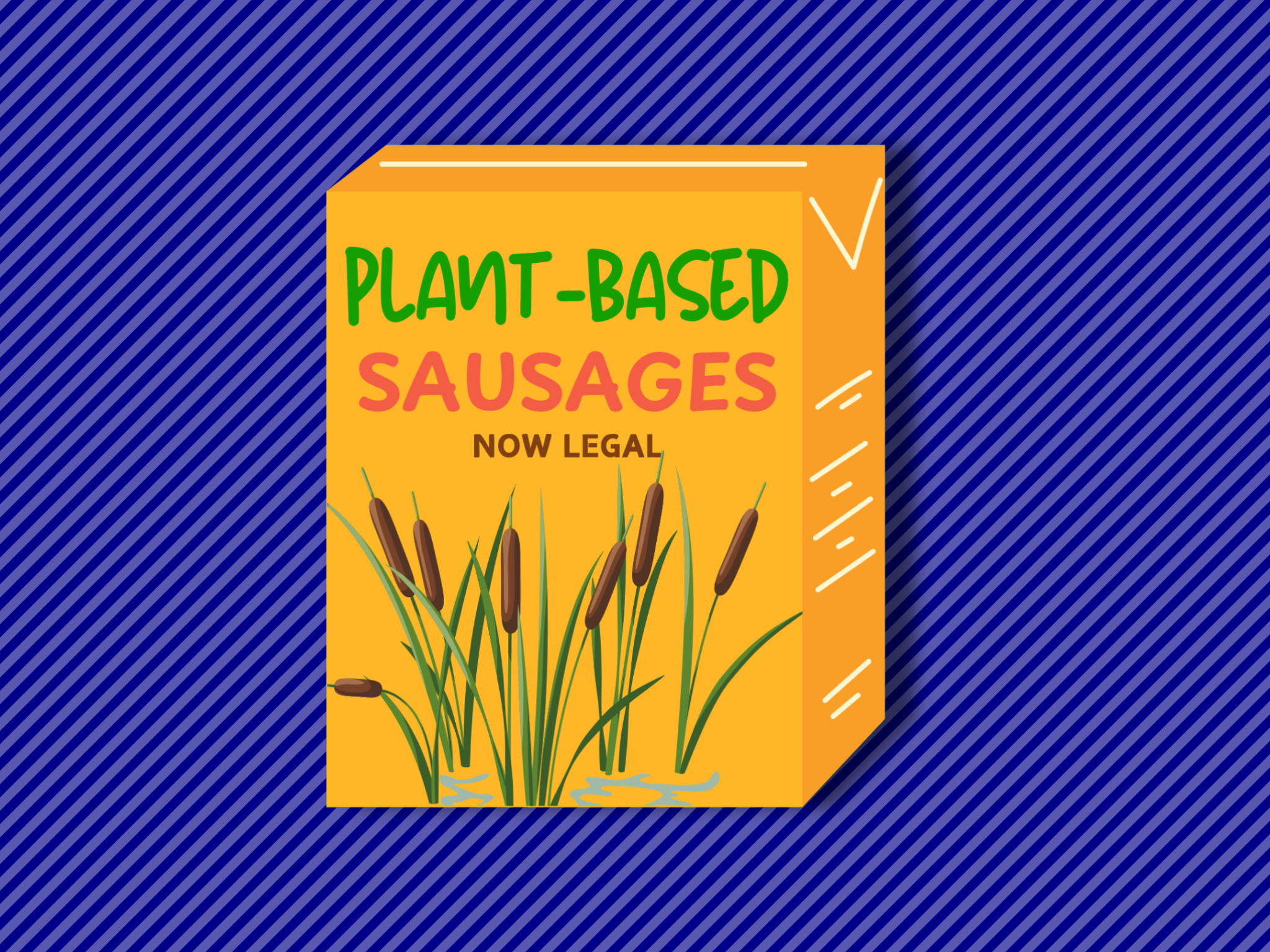Americans Remain Divided Over Plant-Based Meat & Dairy Labels, But Should Brands Worry?
4 Mins Read
A new YouGov survey reveals that around half of Americans don’t like the use of meat- and dairy-related terms on plant-based products, but should this shake up brands’ marketing strategies?
It was only last week that the European Court of Justice delivered a major win for the plant-based food sector, rejecting a proposed legislation by the French government that would ban companies from using terms like ‘veggie burger’ and ‘plant-based bacon’ on packaging.
Such regulations are commonplace globally – in the EU itself, non-dairy products are still not allowed to use words such as ‘oat milk’ or ‘cashew cheese’ – as meat and dairy companies vie to protect their business and argue that these labels mislead consumers.
It’s an argument that has been debunked time and again, with several studies finding that most people understand that plant-based means animal-free, so a vegan beef product will not, in fact, have come from a cow.
But a new survey finds that in the US, more than half (54%) of Americans believe companies should avoid meaty terms on plant-based labels, while just under half (47%) say the same for vegan dairy products. However, YouGov – which conducted the 2,500-person poll – says this shouldn’t really affect the marketing strategies of vegan food producers.
Different folks, different strokes
It's not like the rest of the respondents want companies to market products as 'vegan sausages' or 'almond milk' either. Only 22% are in favour of brands doing so for meat analogues, which rises to 31% for alternative dairy products.
The rest of the consumers – a quarter for meat and 22% for dairy – are unsure of how these products should be labelled.
The results may suggest that brands should get rid of this language, but there are some important caveats: the attitude towards plant-based labels isn't uniform across different demographics.
For example, older Americans are more resistant to such terms – 62% of people aged 55 and above are against the use of meat-related terms on animal-free products, compared to 45% of 18- to 34-year-olds.
Likewise, what diet a person follows goes a long way in determining how they feel about plant-based labelling. Only a third of vegetarians oppose these terms when it comes to meat analogues, while 30% are in favour – more (37%) are just unsure. In contrast, 57% of meat-eaters think brands shouldn't employ this terminology, and only 21% say the opposite.
Things are similar when it comes to dairy-free products. Among people who don't consume dairy, a greater share (37%) support the use of terms like 'soy milk' and 'vegan cheese' than those who oppose it (35%), though a large number are still on the fence (29%). But on the other hand, half of Americans who consume dairy products are against these terms, and only 29% are in favour.
Brands should magnify other attributes
Here's the thing, though: plant-based brands may not need to come up with new terms for their packaging after all, because most Americans who object to these labels "will be hard to win over anyway", wrote YouGov's Clifton Mark.
A majority of respondents who oppose meaty (65%) and milky (61%) terms are somewhat or very unlikely to purchase plant-based analogues, the survey found. "It’s doubtful that a new label would change these consumers’ minds," Mark noted.
On the other end of the spectrum, only 20% and 28% of Americans against meat- and dairy-related terminology, respectively, are likely to buy these products. "Among those who are likely to buy plant-based substitutes, those who think that brands should use such language outnumber those who think they shouldn’t," Mark pointed out.
"Therefore, if brands want to target those who are most likely to buy their products, it makes sense for them to continue using 'meaty' and 'milky' language, as long as regulators allow them to."
It's worth noting that, unlike the EU or the UK, the US does allow both vegan meat and dairy products to use industry-related terms on packaging, though some efforts are trying to change this.
So companies may not need to overhaul their terminology completely, but given that their target consumers are meat-eaters and dairy consumers – i.e., those who are more likely to oppose the use of such terms on packaging – they need to highlight the attributes that these shoppers care about the most.
Leading brands have already begun revamping their messaging. Beyond Meat is now posing as a "health company", with new product recipes and packaging highlighting the nutritional credentials of its products.
One of its chief rivals, Impossible Foods, has also updated its packaging to hone in on the taste and health factors – both companies have had insights from nutritionists in their recent announcements, and toned down their sustainability messaging to appeal to a broader base.



